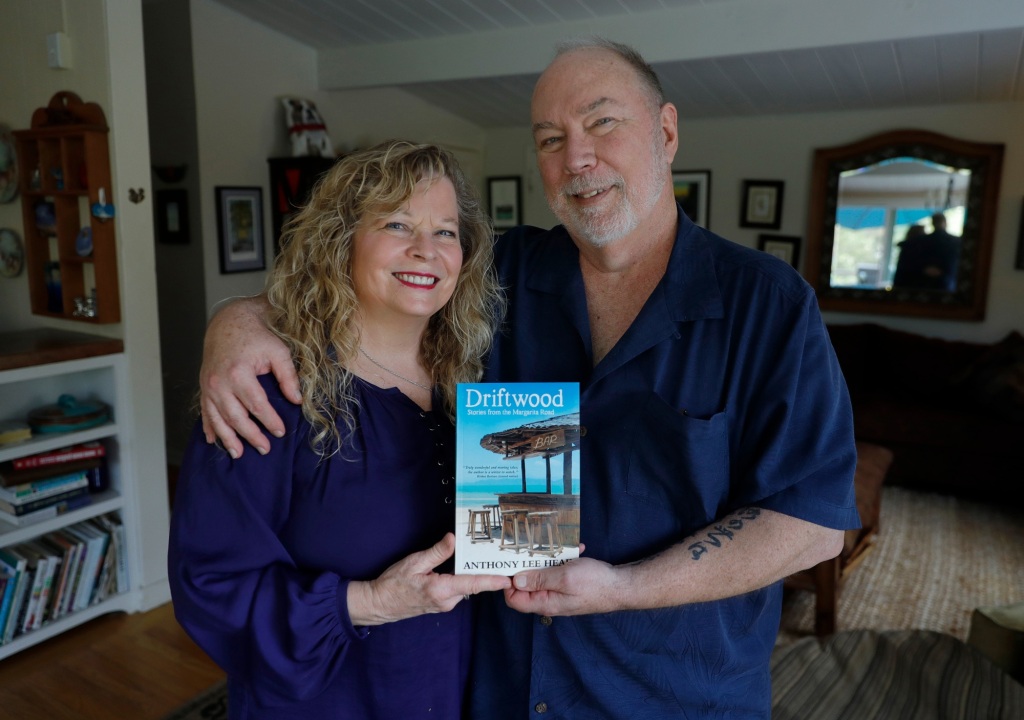I was a first-time CEO who had just finished Techstars with my co-founders when the pandemic hit last March. I remember sitting alone in my basement room in Boulder, Colorado, in sweatpants, while connecting with my advisers. They confirmed my biggest fear: Warmly, our startup, had just three months of runway left in the bank.
It was every founder’s nightmare around that time: I’d be forced to fundraise amid a global pandemic.
Of course, venture capital investors weren’t taking in-person meetings then, which meant pitching over Zoom. As opposed to late-night drinks, coffee chats while strolling along the Embarcadero in San Francisco, and Sand Hill boardroom meetings (environments where I thought I could excel), I was stuck in a basement.
You should definitely have two versions of your deck: The pre-meeting deck you send to potential investors and the “Zoom deck” you use during your livestream meeting.
Whether I asked friends, mentors or Google, no one seemed to have any good tips for connecting with investors virtually. But I learned as I went, adopting new technology to assist in the VC fundraising process, and we were able to close a $2.1 million seed round in August. Phew.
While we might have thought virtual fundraising would impossible when the world shut down one year ago, I don’t think anyone believes that anymore. Not only is it more efficient — no expensive trips to San Francisco or trouble fitting investor meetings into one day — virtual fundraising helps democratize access to venture capital.
Founders can raise money from investors based anywhere in the world, and investors can consider startups from anywhere, too. My investors today are from California, Colorado, New York, Massachusetts, Illinois and the U.K. And so far, I haven’t met a single one of them in person.










